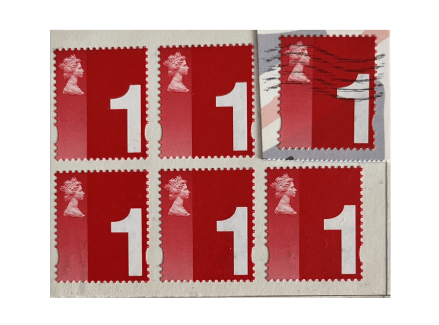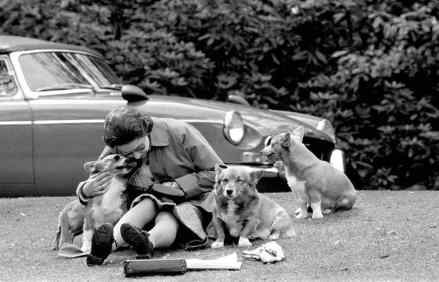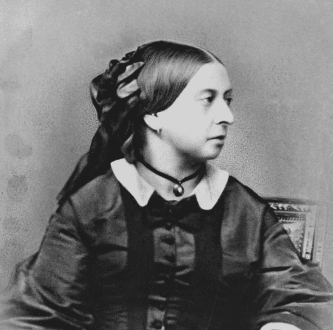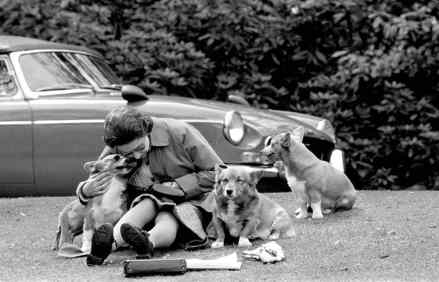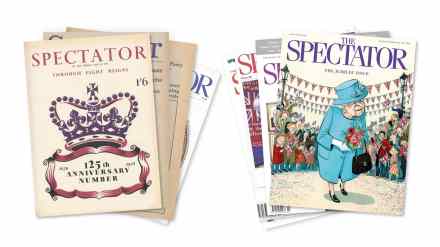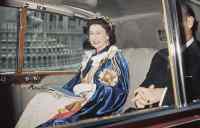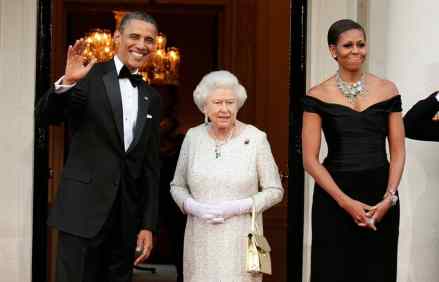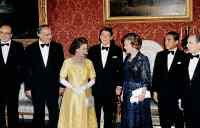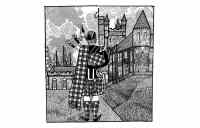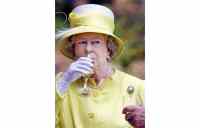Don’t cancel Queen
Another week, another whitewash. The latest chunk of culture to be painted out of existence is ‘Fat Bottomed Girls’, Queen’s 1978 hit. Don’t misunderstand me. I’ve never liked the song. I think it’s crude, patronising and misogynistic. It was pretty dated even on the day Queen recorded it. But that’s my problem. Millions loved it. That’s why it was track four on the band’s 1981 Greatest Hits album. But as Universal Records re-release Queen’s classic collection, FBG is track nothing. Track gone. Track ghosted. We’ve got to stop doing this neopuritanical cultural censorship, whether it be with songs, books (Enid Blyton’s PC-filtered Famous Five or P.G. Wodehouse’s Jeeves), fairy stories



